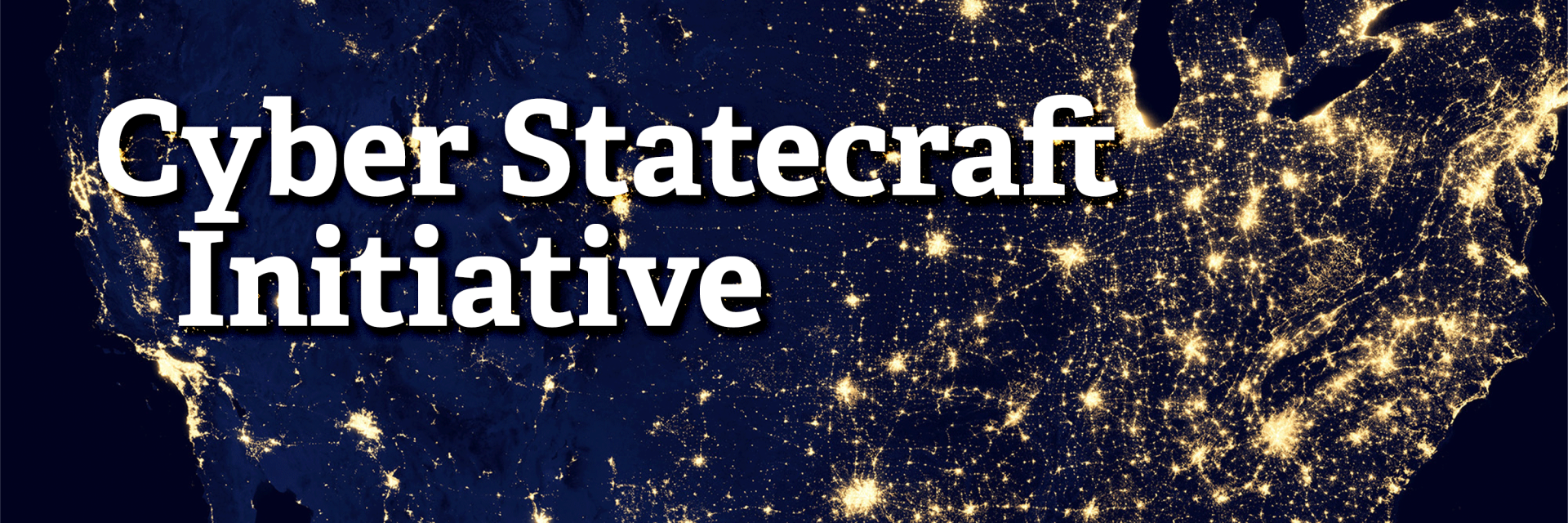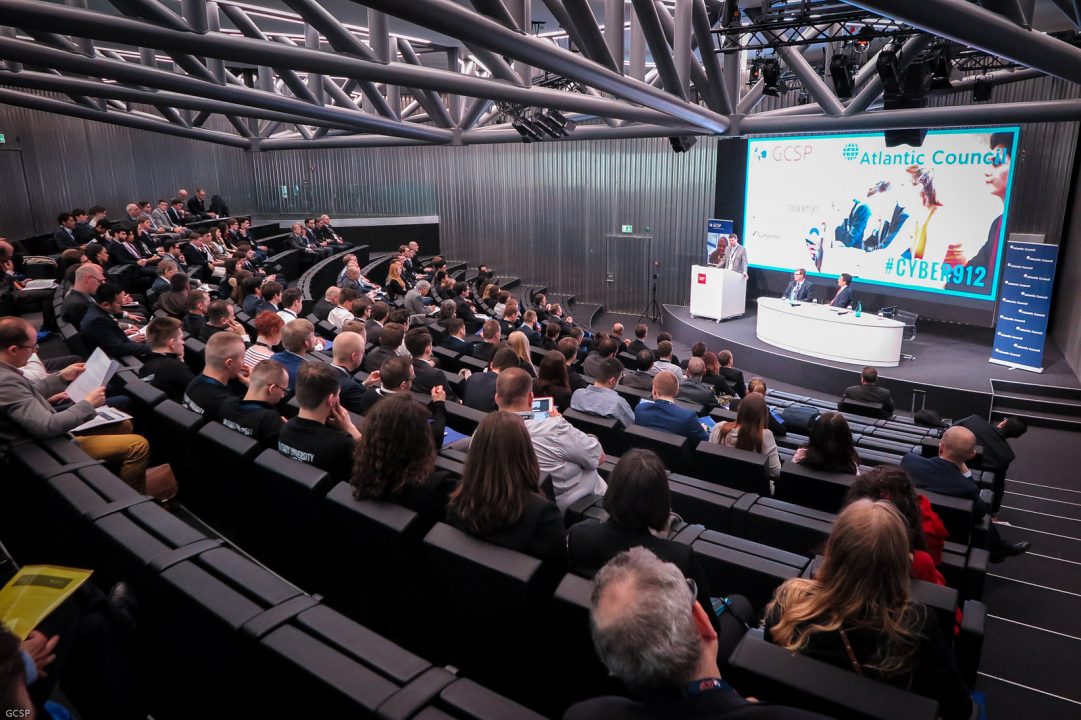
The Cyber Statecraft Initiative works at the nexus of geopolitics, technology, and security to craft strategies to help shape the conduct of statecraft and to better inform and secure users. This work extends through the competition of state and non-state actors, the security of the internet and computing systems, the safety of operational technology and physical systems, and the communities of cyberspace. The Initiative convenes a diverse network of passionate and knowledgeable contributors, bridging the gap among technical, policy, and user communities.
To keep up to date with our latest work, check us out on:

Our Work
Our Team
Cyber Statecraft Fellows
Events and programs
CSI is dedicated to convening a diverse network of passionate and knowledgeable contributors, bridging the gap among technical, policy, and user communities. Check out our past events here and make sure to keep an eye out for our future events by following us on Twitter and LinkedIn.

Recent Publications
In It to Win It: Understanding Cyber Policy through a Simulated Crisis
The Eight Body Problem: Exploring the Implications of Salt Typhoon
Seizing the Win: Navigating Competition and Hands-on Learning through Cyber 9/12
The Role of Data in Improving Cyber Insurance Pricing
Take the Bribe but Watch Your Back: Why Russia Imprisoned a Security Officer for Taking Cybercriminal Payoffs
The 5×5—The evolving role of CISOs and senior cybersecurity executives
Mythical Beasts and Where to Find Them
Mythical Beasts and Where to Find Them: Mapping the Global Spyware Market and its Threats to National Security and Human Rights
Mythical Beasts and Where to Find Them: Data and Methodology
AI in Cyber and Software Security: What’s Driving Opportunities and Risks?
LICENSING CSI GRAPHICS
All original graphics created by the Cyber Statecraft Initiative (CSI) are available for re-use under the following conditions:
- Written permission must be granted by CSI.
- Graphics may be copied and distributed in any medium or format in unadapted form only, for noncommerical purposes, and only so long as attribution is given.*
- The attribution must reference the Cyber Statecraft Initiative and include a link to the content.
CSI cannot grant permission for the use of images or graphics licensed from third parties.
*Language based on Creative Commons CC BY-NC-ND 4.0



